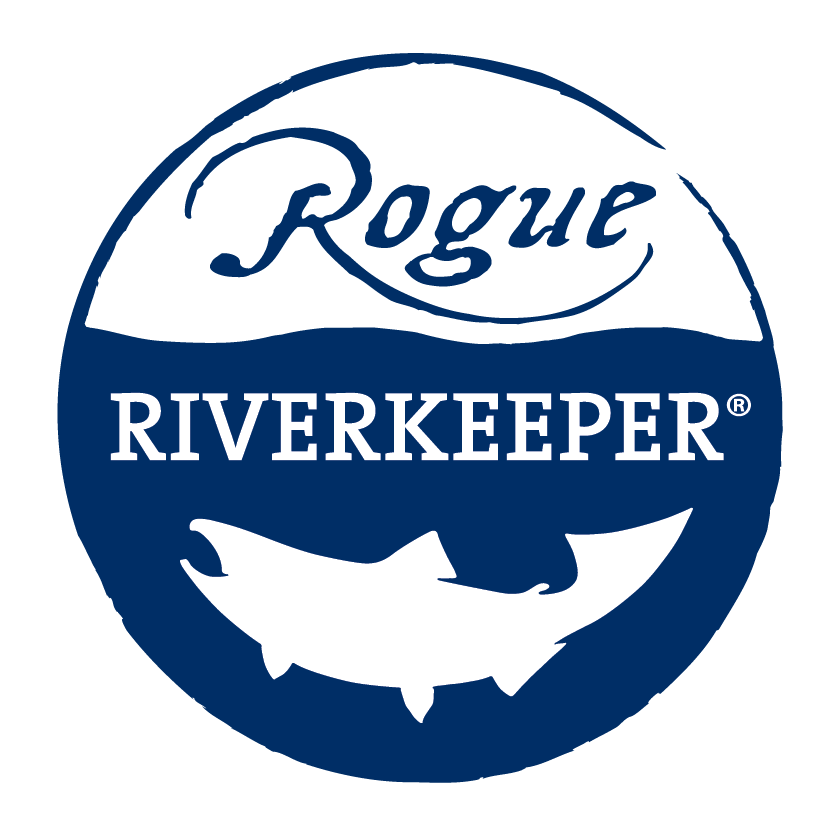The very laws that allowed Rogue Riverkeeper and our partner organizations to defeat the Jordan Cove LNG pipeline and export terminal project are now being threatened by a bill that would allow developers to circumvent important land use laws to massively dredge Oregon's estuaries.
Read MoreThis year, we celebrate #ACT50 as a collective call to unite in the fight for clean water. Working together, we can ensure that water is drinkable, fishable, and swimmable by enforcing laws, holding polluters accountable, and empowering citizens.
Read MoreThe U.S. Court of Appeals has ordered FERC to consider pausing the previously granted certification allowing for construction of the 230-mile pipeline. The agency now has 90 days to decide what it will do while the court develops their final ruling.
Read MoreOn the 48th anniversary of the Clean Water Act, we’re reflecting back on the impact of this fundamental environmental and public health law. On October 18th, 1972, Congress enacted the Clean Water Act. Since then, we’ve come a long way from rivers catching on fire, raw sewage discharged directly into rivers, and the unbridled destruction of wetlands and streams. In a changing climate, with less consistent rainfall, less stable snowpack, and increased drought, the presence of cold, clean water becomes even more critical for communities in our region. Now more than ever, it’s critical to consider the future of these fundamental protections.
Read More



